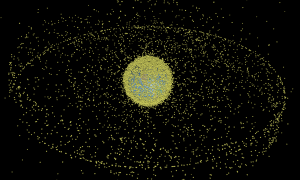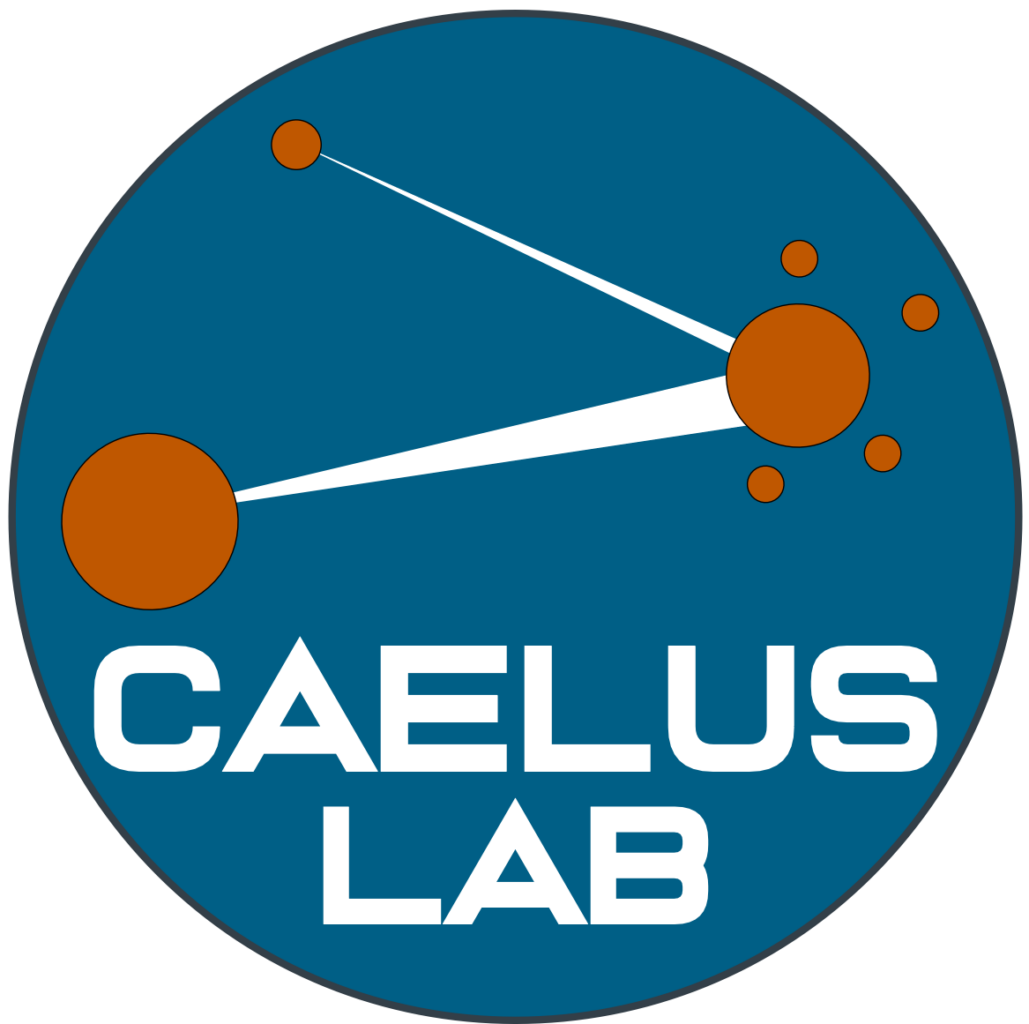 Space Situational Awareness (SSA) is the study and monitoring of the situation in outer space. This includes, inter alia, estimating the trajectories of objects in Earth orbit (and beyond), and predicting changes in those trajectories resulting from intentional and unintentional events. Our active topics of research in this area include, but are not limited to:
Space Situational Awareness (SSA) is the study and monitoring of the situation in outer space. This includes, inter alia, estimating the trajectories of objects in Earth orbit (and beyond), and predicting changes in those trajectories resulting from intentional and unintentional events. Our active topics of research in this area include, but are not limited to:
- Space Object (SO) Detection, Tracking, Identification, and Characterization (DTIC)
- SO catalog prediction (with uncertainties), estimation and maintenance
- Sensor tasking for catalog maintenance and SO characterization
- Initial orbit determination
Current Projects
Uncertainty Propagation for Maneuvering Objects in Chaotic Systems
Sponsor: Air Force Office of Scientific Research
State-of-the-art Anthropogenic Space Object (ASO) tracking algorithms cannot robustly maintain custody of objects in cislunar space. One principal challenge is propagating uncertainty through multiple orbit regimes, each with different dynamic signatures and possible chaos. The goal of this project is to develop a computationally tractable and accurate method of uncertainty propagation for maneuvering objects that accounts for chaotic dynamics. In this collaboration with Prof. Ryan Russell, we will combine novel descriptions of a satellite’s possible maneuver profile and efficient orbit propagation routines to generate a predicted uncertainty for Bayesian multiple target tracking.
Information Theoretic Detection and Tracking for Rapid IOD
Sponsor: Universities Space Research Association (USRA), Air Force Research Laboratory (AFRL), United States Space Force (USSF)
In this project, we are developing novel methods of initial orbit determination (IOD) to reduce the latency between initial detection and producing a trajectory estimate with uncertainty small enough for follow-up observation. This is part of the USRA’s University Consortium Research Opportunity 1.0 (UCRO) sponsored by the USSF and AFRL (announcement). In addition to the technical elements, this project includes a workforce development component by introducing undergraduate students to research topics of interest to the USSF. [1]
Multi-Fidelity Uncertainty Propagation
Sponsor: Universities Space Research Association (USRA), Air Force Research Laboratory (AFRL), United States Space Force (USSF)
As humanity’s footprint extends out toward the moon and beyond, next-generation SSA systems will require new methods of orbit uncertainty propagation that are robust to n-body and chaotic dynamics. This work leverages variable-fidelity orbit propagation methods to reduce the computation cost of uncertainty propagation for space objects traveling in and between the near-Earth and lunar regimes. This effort is part of the larger STARLIT (univerSiTy spAce stRategic technoLogy InitiaTive) project led by the University of Colorado Boulder (details), which is a University Consortium funded by the USRA, USSF, and AFRL through the Space Strategic Technology Institute (SSTI) 1 – Beyond Geostationary Orbit and Space Domain Awareness (xGEO and SDA) program (UCRO 2.0, award announcement). The project includes a nine-week STARLIT Scholars summer research program in collaboration with the Center of Dynamics and Control of Materials. We are also working with ROTC students in UT’s Department of Military Science during the academic year. [2]
Conceptual Spaces for Information Fusion
Sponsor: Advanced Space, LLC and the Air Force Research Laboratory
In this project, we are developing novel methods of information fusion and uncertainty quantification when using conceptual spaces. This allows us to use ambiguous forms of data in estimation processes in a way that classical approaches do not. One simple example to illustrate the point is the statement “the helicopter is above the tower”. There is valuable information there (e.g., a general direction), and the work done in this project helps to facilitate this fusion of information for space situational awareness problems.
[1] Approved for public release; distribution is unlimited. Public Affairs release approval #AFRL-2024-5534
[2] Approved for public release; distribution is unlimited. Public Affairs release approval #AFRL-2024-6112
